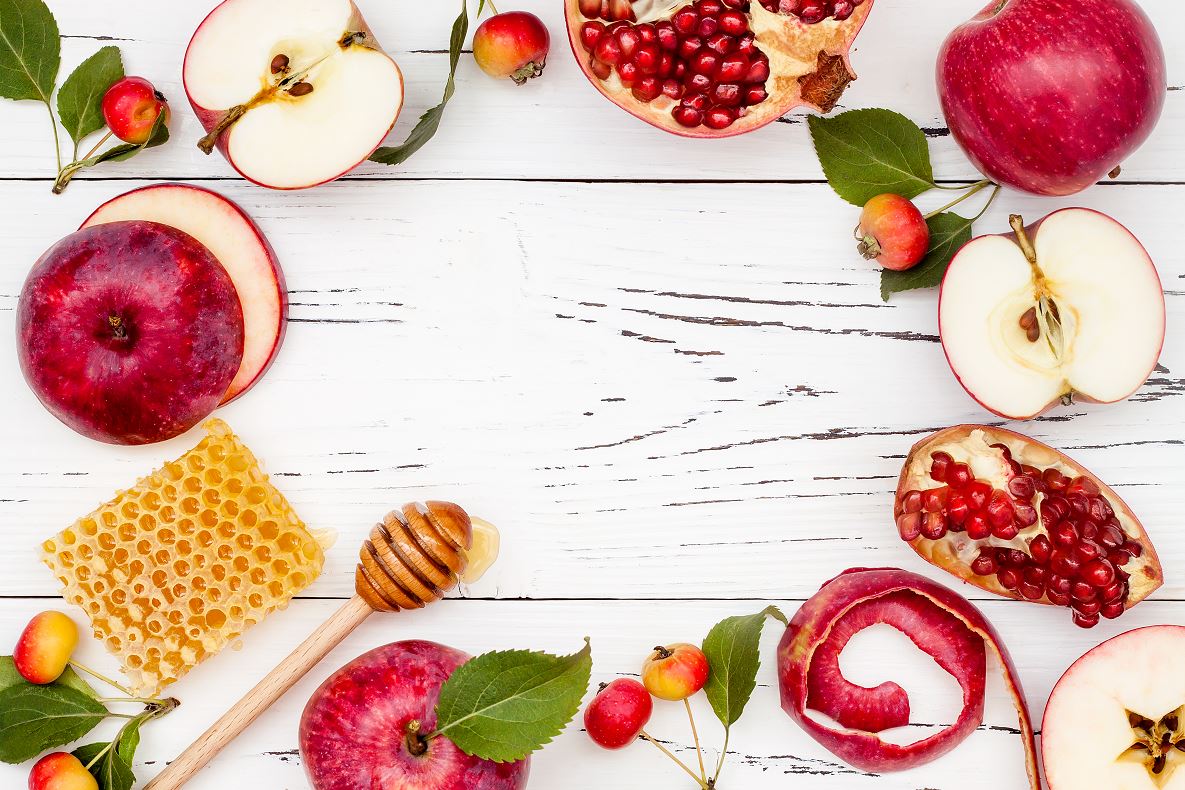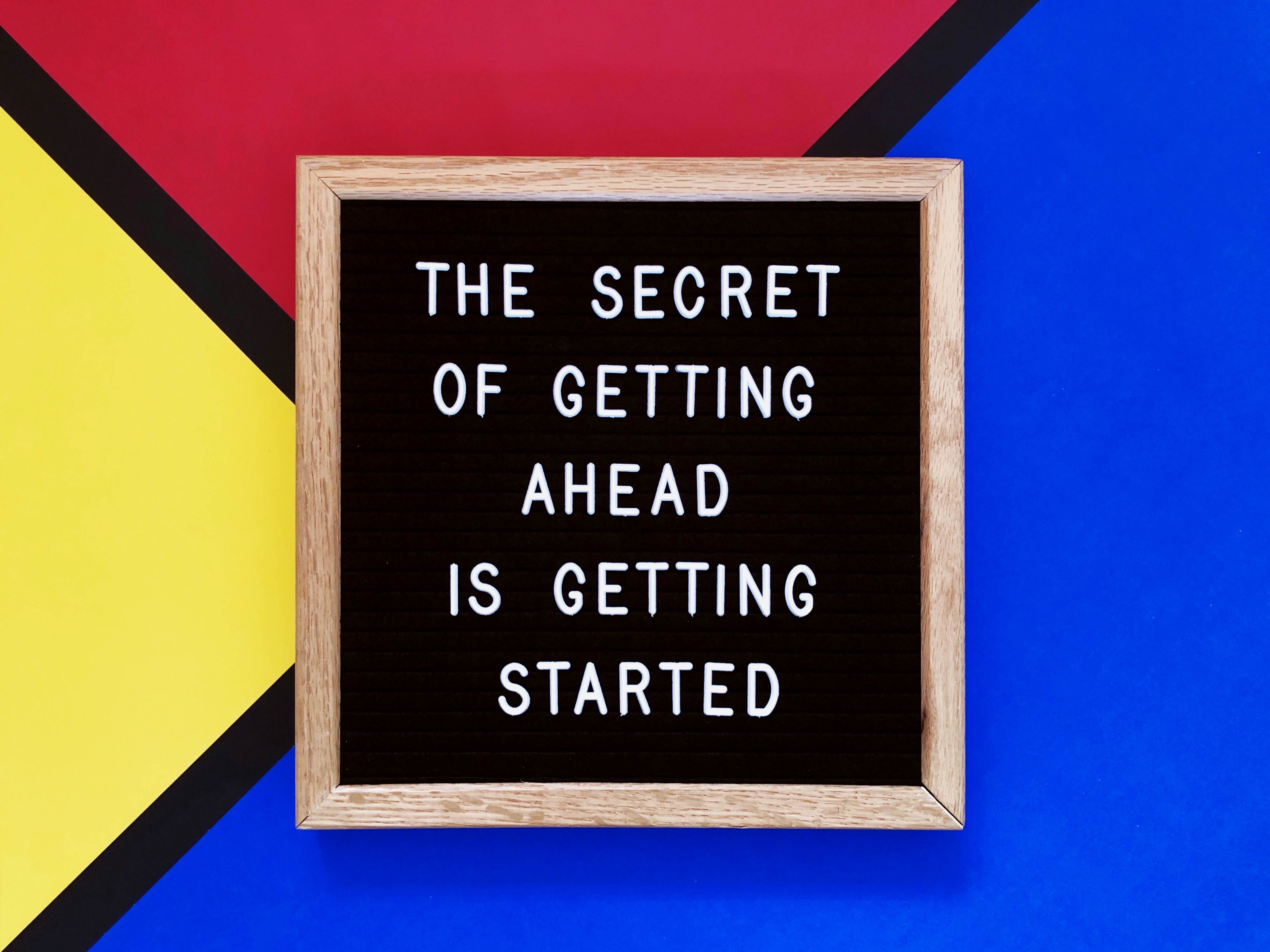Most people know that Sunday night, Sept. 29 at sundown, marked the beginning of the Jewish New Year. The holiday is called Rosh Hashanah (translated means “head” of the year). Jews all over the world go to synagogue and say the same exact prayers. Whether in California or France, Australia or Brazil, we all have the same rituals.
One of the traditions of all religious services is that the spiritual leader (in this case the rabbi) gives a sermon. I think that is universal, no matter your religion.
So, Sunday evening as I sat in temple next to my sister Jackie, I listened intently to what our rabbi talked about.
Her message was about “appreciating the good, the wonder, and the beauty of what we have.” Of course this makes sense, because it is the New Year. New Year, new opportunities. New Year, new resolutions. New Year, new reflections. Her message was a “glass half full” message. It made me smile, as I thought about how easy it is to look at the negatives, the problems, the challenges you have. What if, instead, we looked at and focused on the positive?
Once Rosh Hashanah is over there is 10-day period of time, referred to as the Days of Awe, until the next Jewish holiday, Yom Kippur. Yom Kippur, the Day of Atonement, is considered the holiest day of the year. It is a day that many Jews around the world fast (don’t eat or drink) from dawn until dusk, to remind us of those who have suffered before us.
The Days of Awe are a very special time to me. The Jewish tradition suggests that if there are any people in your life that you have had disagreements or challenges with, or there are unresolved issues, that you reach out and talk with those people, and speak the truth and offer forgiveness. So, as I sat in temple on Sunday evening, I thought about who in my life do I want to develop a richer relationship with, or want to resolve conflicts or misunderstandings? Or who do I want to have a deeper connection with? I made my mental notes and during the next week I intentionally plan to have conversations or spend time with those people.
I recall in past years that I reached out to various people (not all of them are Jewish) and it gave me a deep sense of satisfaction.
Do you have any people in your life, or who used to be in your life, that you feel you may have a nagging issue with? Or perhaps there has been a misunderstanding that you really wish was resolved. Maybe you just want to feel closer and spend time with someone. Whether you are Jewish or not, why not make a mental note of those people and send them a text, email or call them this week? Your conversation can be short or long. It can be, “I was thinking of you and wanted to say hi” or it can be an hour-long phone conversation.
Finally, my last ritual of the Jewish New Year period will be on Wednesday, Oct. 9, as the sun goes down and Yom Kippur ends. As I leave temple, I will enjoy some apples slices dipped in honey or honeycomb to symbolize the sweetness of the New Year. And then I will go to a friend’s house to “break the fast” with other Jewish friends and family.
Even if you are not Jewish, perhaps you can enjoy some of the traditions of the New Year. Be grateful for the positive people and things you have in your life. Make amends with those with whom you’ve had disagreements or misunderstandings. Don’t overeat and then break bread with family and friends to renew your bonds.
Happy New Year (L’Shana Tovah)!
Karen
P.S. In case you didn’t see this, our entire family was ecstatic on Rosh Hashanah, as The Washington Post ran this feature story on my mother Frieda and our entire family. [Read it here…]






